How to choose oil seal for car?
Choosing the right oil seal for your car is crucial to ensure proper functioning of the engine and other critical components. Oil seals, also known as shaft seals or lip seals, play a vital role in preventing the leakage of fluids and contaminants. Here are some essential factors to consider when selecting an oil seal for your car:
Know Your Application: Understand the specific application and location where the oil seal will be used. Different parts of the engine or transmission may require seals with varying specifications. Common areas include the crankshaft, camshaft, transmission input/output shafts, and differential.
Material Selection: Oil seals are made from various materials, including rubber, silicone, polyurethane, and fluoroelastomers. The choice of material depends on factors such as temperature, pressure, and the type of fluid the seal will be exposed to. Ensure that the selected material is compatible with the operating conditions of your vehicle.
Size and Dimensions: Accurate measurements are crucial when selecting an oil seal. Know the shaft diameter, housing bore diameter, and the seal thickness required for your specific application. Use the manufacturer's specifications or consult your vehicle's manual to determine the correct size and dimensions.
Seal Type: Different applications may require different types of oil seals. Common types include radial shaft seals, axial seals, and rotary seals. Radial shaft seals are the most common and are used to seal rotating shafts against the stationary housing.

Pressure and Temperature Ratings: Consider the pressure and temperature conditions that the oil seal will be exposed to during operation. Choose a seal with ratings that exceed the anticipated levels to ensure optimal performance and longevity.
Fluid Compatibility: Ensure that the oil seal is compatible with the type of fluid it will be in contact with. Different seals are designed to withstand exposure to various fluids, such as engine oil, transmission fluid, or coolant. Using an incompatible seal can lead to premature failure and leaks.
Explore more:Mechanical Parts & Fabrication Services
Where are disc springs used?
What is the highest accuracy machining?
Revolutionizing Construction: The Future of Foam Clamping
What is the purpose of a disc spring?
Revolutionizing Straight Bevel Gear Assembly Techniques Now?
Top 5 Forklift Cage Options in Australia: Safety Solutions for Your Workplace
Durability and Longevity: Look for oil seals from reputable manufacturers known for producing high-quality, durable seals. Consider factors such as resistance to wear, corrosion, and other environmental factors that may impact the seal's performance over time.
Installation Ease: Some oil seals may have specific installation requirements or may require special tools for proper fitting. Consider the ease of installation, and if necessary, seek professional assistance to ensure the seal is correctly fitted.
OEM vs. Aftermarket: Original Equipment Manufacturer (OEM) seals are designed to meet the specifications of your vehicle's manufacturer. However, aftermarket options may also be available. Ensure that aftermarket seals meet or exceed OEM standards and are suitable for your vehicle.
Consult the Vehicle Manual: Always refer to your vehicle's manual or consult with a qualified mechanic to ensure you are selecting the correct oil seal for your car's make and model. The manual typically provides specifications and recommendations for replacement parts.
By considering these factors, you can confidently choose the right oil seal for your car, promoting optimal performance and minimizing the risk of leaks and potential damage to critical components.
What is the purpose of a wave spring?
Ultimate Guide to Gap Wave Springs: Everything You Need to Know
Ultimate Guide to Spring Washer Types: Which is Best for Your Project?
What are the materials used in vibrating screen mesh?
What are the Types of Roller Bearings?
What are gate valves used in industry?
Diverse Applications of Vertical Centrifugal Pumps in Various Industries
146
0
0
Related Articles


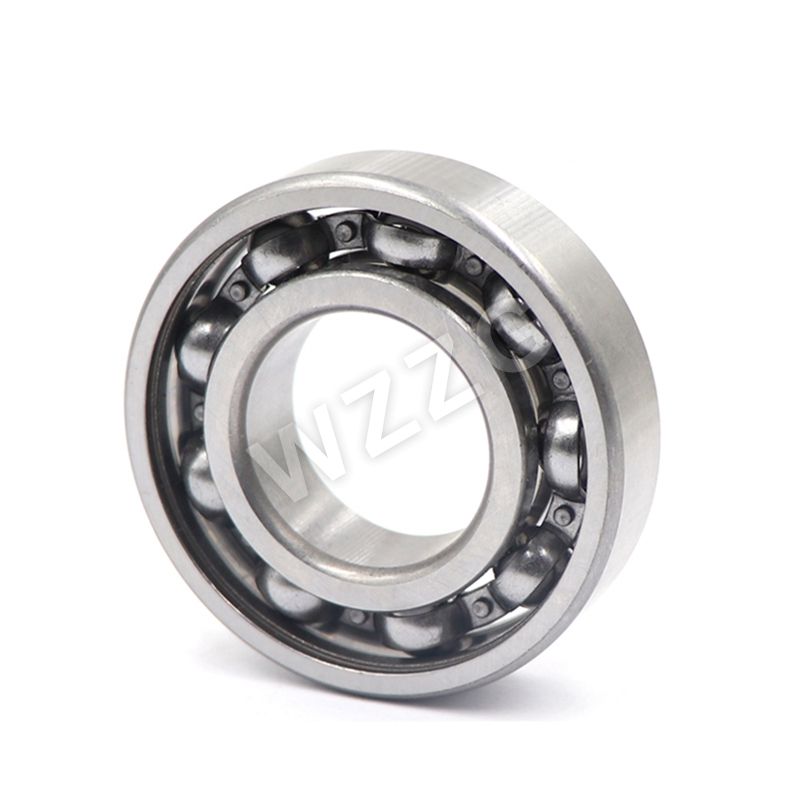

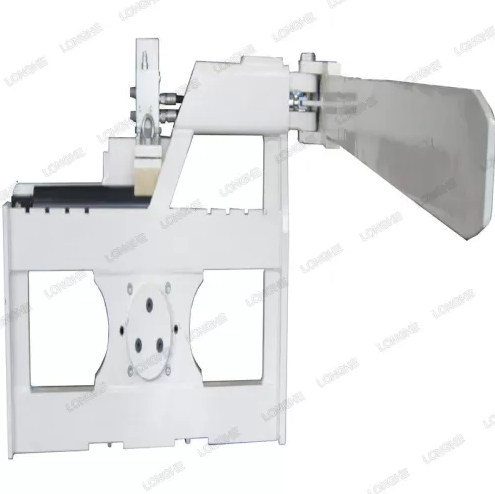
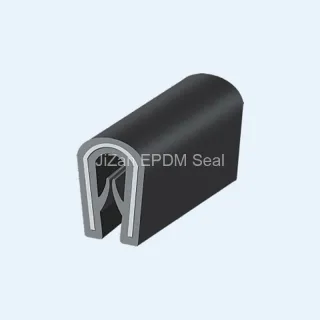
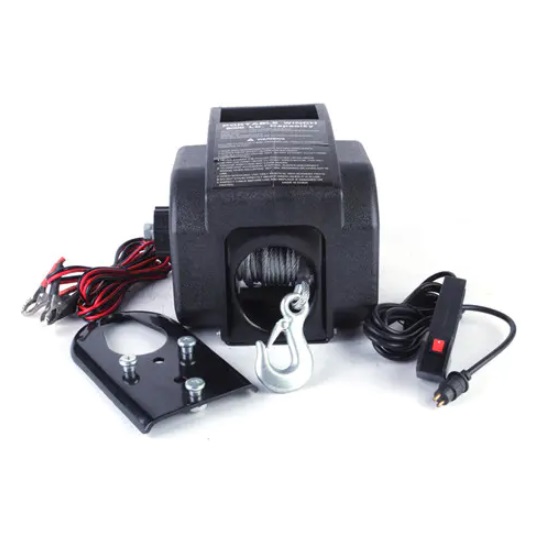

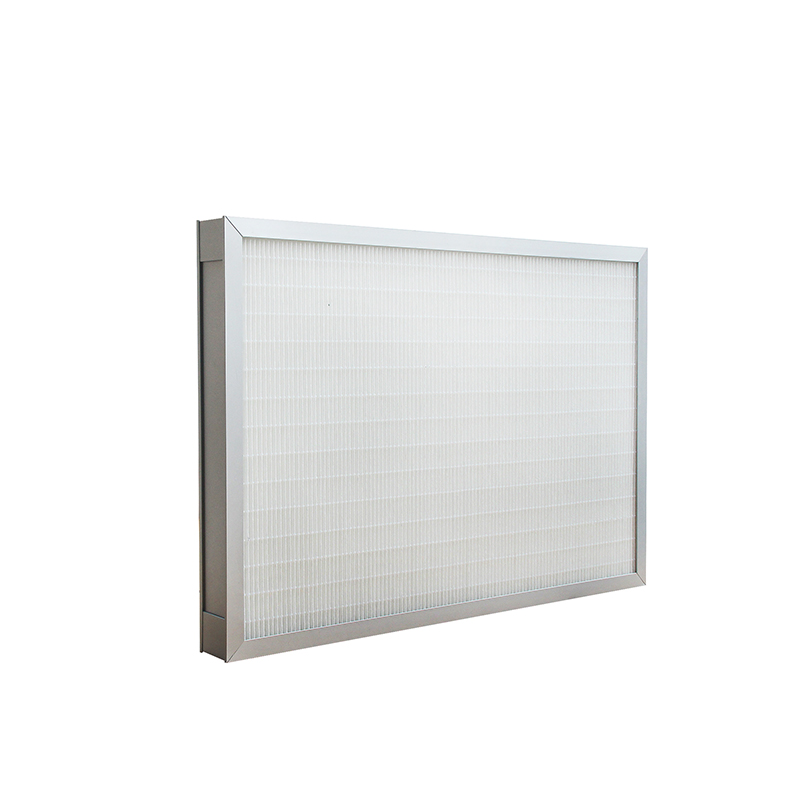
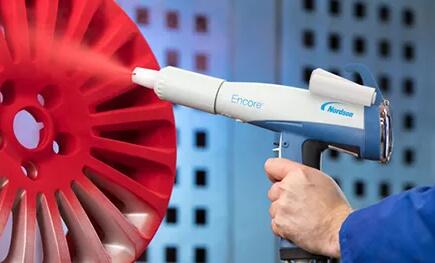
Comments
All Comments (0)